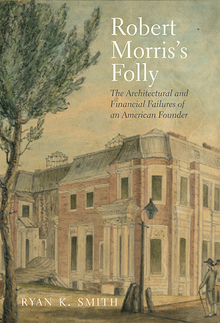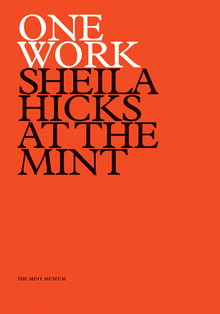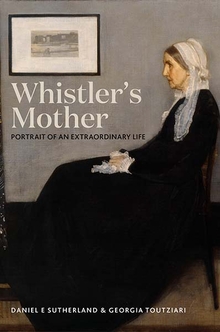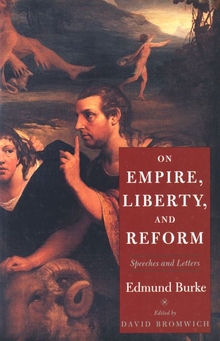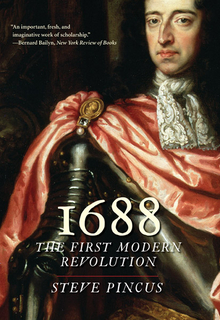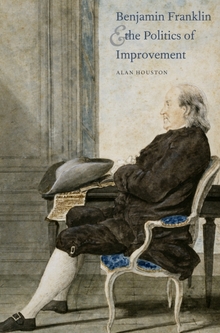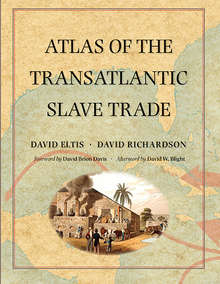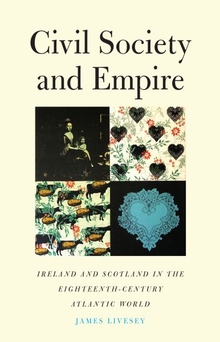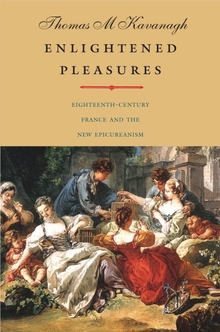Robert Morris's Folly
WARNING
You are viewing an older version of the Yalebooks website. Please visit out new website with more updated information and a better user experience: https://www.yalebooks.com
The Architectural and Financial Failures of an American Founder
Ryan K. Smith
In 1798 Robert Morris—“financier of the American Revolution,” confidant of George Washington, former U.S. senator—plunged from the peaks of wealth and prestige into debtors' prison and public contempt. How could one of the richest men in the United States, one of only two founders who signed the Declaration of Independence, the Articles of Confederation, and the Constitution, suffer such a downfall?
This book examines for the first time the extravagant Philadelphia town house Robert Morris built and its role in bringing about his ruin. Part biography, part architectural history, the book recounts Morris’s wild successes as a merchant, his recklessness as a land speculator, and his unrestrained passion in building his palatial, doomed mansion, once hailed as the most expensive private building in the United States but later known as “Morris’s Folly.” Setting Morris’s tale in the context of the nation’s founding, this volume refocuses attention on an essential yet nearly forgotten American figure while also illuminating the origins of America’s ongoing, ambivalent attitudes toward the superwealthy and their sensational excesses.
This book examines for the first time the extravagant Philadelphia town house Robert Morris built and its role in bringing about his ruin. Part biography, part architectural history, the book recounts Morris’s wild successes as a merchant, his recklessness as a land speculator, and his unrestrained passion in building his palatial, doomed mansion, once hailed as the most expensive private building in the United States but later known as “Morris’s Folly.” Setting Morris’s tale in the context of the nation’s founding, this volume refocuses attention on an essential yet nearly forgotten American figure while also illuminating the origins of America’s ongoing, ambivalent attitudes toward the superwealthy and their sensational excesses.
Ryan K. Smith is associate professor of history, Virginia Commonwealth University. He lives in Richmond, VA.
“Beautifully crafted, Ryan K. Smith’s elegant chronicle of the fortunes, failures, and ironies of Robert Morris, ‘financier of the American Revolution,’ is the perfection of interdisciplinary history. Smith relates the extraordinarily complex story of Morris’s ambition, the adversity that surrounded him, and the material worlds he inhabited with an immediacy and a grace that fire the reader’s imagination. Smith, at last, realizes the power that objects and places hold for an intellectually generous and humane understanding of the foundations of American lives and institutions.”—Bernard L. Herman, University of North Carolina at Chapel Hill
“A very carefully researched and very well presented history of one of early America’s most important—and long-demolished—buildings. The story is deeply compelling, supported by abundant documentary evidence, and largely untouched in modern scholarship.”—Louis P. Nelson, University of Virginia
“A very interesting, well-written, and thoroughly researched book. . . . Although there have been other studies of Robert Morris, there are no previous studies that give as much attention to his ill-fated house and its role in his downfall. A significant work.”—Damie Stillman, University of Delaware Emeritus
“In this engagingly written narrative, Ryan K. Smith traces the life and the remarkable afterlife of Robert Morris’s ‘Folly.’ Smith deftly restores the house, at once the most architecturally ambitious private residence of late eighteenth-century America and an emblem of its owner’s audacious and ultimately disastrous financial adventures, to its place in the chaotic political and economic life of the early republic.”—Dell Upton, University of California, Los Angeles
“Sharply focused, wonderfully engaging documentation of the 'ruins' of this American Ozymandias.”—Kirkus Reviews
“Ryan K. Smith offers a readable and enlightening portrait of this busy and turbulent life in Robert Morris's Folly . . . . It is an amazing story, and Mr. Smith tells it well."—Charles R. Morris, The Wall Street Journal
"[Mr. Smith's] effective use of a wide variety of sources—diaries, correspondence, newspaper accounts, artifacts, house accounts, historical monographs, and articles—make [this book]. . . first-rate history."—Lee Baldwin Dalzell, The Journal of American History
ISBN: 9780300196047
Publication Date: September 23, 2014
Publication Date: September 23, 2014
360 pages, 6-1/8 x 9-1/4
56 b/w illus.
56 b/w illus.

